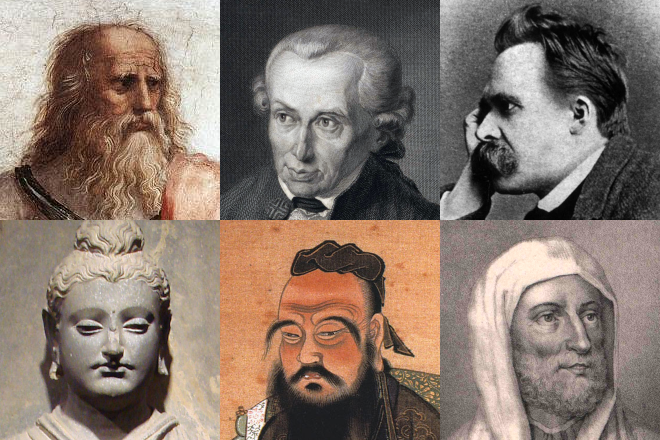Philosophy 101
- Introduction to Philosophy
- Ancient Greek Philosophy
- Renaissance and Enlightenment Philosophy
- Modern Philosophy
- American Philosophy
- Existentialism and Phenomenology
- Analytic Philosophy
- Contemporary and Postmodern Philosophy
- Eastern Philosophy
- Philosophy of Religion
- Philosophy of Science
Analytic Philosophy
Logic in Analytic Philosophy

Style of philosophy.
Logic is a fundamental component of analytic philosophy. It is the tool that philosophers use to dissect arguments and analyze concepts. This unit will delve into the key concepts, theories, and philosophers associated with logic in analytic philosophy.
Introduction to Logic in Analytic Philosophy
Logic in analytic philosophy is not just about the formal rules that govern valid reasoning. It's also about the philosophical implications of those rules. For instance, what does it mean for an argument to be valid? What is the relationship between logic and truth? These are the kinds of questions that analytic philosophers ask about logic.
Key Concepts
-
Proposition: A proposition is a statement that is either true or false. For example, "The sky is blue" is a proposition.
-
Argument: An argument is a set of propositions. One proposition (the conclusion) is claimed to follow from the others (the premises).
-
Validity: An argument is valid if the truth of the premises guarantees the truth of the conclusion. In other words, if the premises are true, the conclusion must be true.
-
Soundness: An argument is sound if it is valid and all its premises are true. In other words, a sound argument is a valid argument that starts from true premises.
Theories
-
Classical Logic: This is the traditional system of logic that most people are familiar with. It is based on binary logic, where every proposition is either true or false.
-
Modal Logic: This is a type of logic that deals with concepts like possibility and necessity. For example, in modal logic, we can say that it is necessarily true that 2+2=4, but only possibly true that it will rain tomorrow.
-
Fuzzy Logic: This is a type of logic that allows for degrees of truth. Instead of every proposition being either true or false, a proposition can be somewhat true or somewhat false.
Philosophers
-
Alfred Tarski: Tarski was a Polish logician and mathematician who made significant contributions to the philosophy of language and logic. He is best known for his work on truth and logical consequence.
-
Kurt Gödel: Gödel was an Austrian logician and mathematician who is best known for his incompleteness theorems. These theorems have profound implications for the foundations of mathematics and logic.
-
W.V.O. Quine: Quine was an American philosopher and logician who made significant contributions to logic, philosophy of language, and epistemology. He is best known for his work on ontological commitment and the indeterminacy of translation.
In conclusion, logic is a crucial tool in analytic philosophy. It allows philosophers to analyze arguments and concepts in a rigorous and systematic way. By studying logic, we can gain a deeper understanding of the nature of reasoning and the structure of thought.